A Public Interest Litigation (PIL) has been filed in the Supreme Court challenging the Union Government’s Ethanol Blending Programme, which mandates the sale of petrol blended with 20% ethanol (E20).
According to the legal news portal Live Law, the petitioner, Advocate Akshay Malhotra, argues that offering only E20 petrol without providing an ethanol-free alternative (E0) infringes on the fundamental rights of millions of vehicle owners whose vehicles are not designed to run on higher ethanol blends. He further contends that the lack of public awareness about the ethanol content in fuel denies consumers the right to make an informed decision, as guaranteed under the Consumer Protection Act, 2019.
The petition highlights that a significant portion of Indian consumers are unaware that the fuel in their vehicles is a mix of petrol and ethanol, not pure petrol. This non-disclosure of a key fact undermines informed consumer choice.
According to the plea, the use of E20 petrol adversely affects fuel efficiency and can lead to corrosion of various vehicle components, thereby imposing additional costs and safety concerns on consumers. It further contends that the Centre’s move to implement the policy without first giving automobile manufacturers adequate opportunity to design and release vehicles compliant with E20 is “unreasonable and arbitrary.” It is stated that the vehicles which were manufactured in India prior to April 2023 are not compatible with ethanol-mixed petrol. Also, the vehicles as recent as 2 years old, though BS-VI compliant, are also not compatible with 20% ethanol, though they may be compatible with E-10.
As per the news report by Live Law portal, the following are the reliefs sought :
-Make sure ethanol-free petrol (E0) is available at all fuel stations:
-Clearly label the ethanol content on petrol pumps and fuel dispensers so consumers know what they are buying.
-Inform consumers at the time of refuelling whether their vehicles are compatible with ethanol-blended petrol.
-Ensure the Ministry of Consumer Affairs enforces consumer protection rules for ethanol-blended fuels and issues proper advisories.
-Conduct a nationwide study on the impact of 20% ethanol-blended petrol (E20) on fuel efficiency and wear-and-tear in vehicles that are not compatible.
Recently, in a detailed release, the Ministry of Petroleum and Natural Gas (MoPNG) stated that ethanol blending is a national programme. Some seek to derail it by fomenting fear and confusion in the minds of car owners by selectively picking information and creating a false narrative that insurance companies will not cover car damage due to use of E20 fuels. This fear mongering is totally baseless and has been clarified by an insurance company whose tweet screenshot was deliberately misinterpreted to create fear and confusion. Usage of E20 fuel has no impact of the validity of insurance of vehicles in India.
Government has been promoting the blending of ethanol in petrol under the Ethanol Blended Petrol (EBP) Programme with multiple objectives. As a green fuel, ethanol supports environmental sustainability efforts of the Government. It reduces dependence on crude oil imports while saving foreign exchange and promotes the domestic agriculture sector. EBP Programme has resulted in expeditious payment to farmers of more than Rs.1,25,000 crore from Ethanol Supply Year (ESY) 2014-15 up to July 2025, besides savings of more than Rs.1,44,000 crore of foreign exchange, net CO2 reduction of about 736 lakh metric tonnes and substitution of more than 244 lakh metric tonnes of crude oil. Under the EBP Programme, Public Sector Oil Marketing Companies (OMCs) achieved the target of 10% Ethanol blending in petrol in June 2022 i.e. five months ahead of the target during ESY 2021-22, 12.06% in ESY 2022-23 and 14.60% in ESY 2023-24. Further, for the ongoing ESY 2024-25, the blending percentage has gone up to 19.05% as on 31.07.2025. During the month of July, 2025, Ethanol blending of 19.93% has been achieved.
In July 2025 alone, Oil Marketing Companies (OMCs) received 85.3 crore liters of ethanol under the EBP Programme. This brought the cumulative ethanol offtake by OMCs to 722.7 crore liters over the November–July period.
Official data indicates that a total of 87.9 crore liters of ethanol was blended into petrol in July 2025, pushing the cumulative ethanol blending volume to 749 crore liters from November 2024 to July 2025.

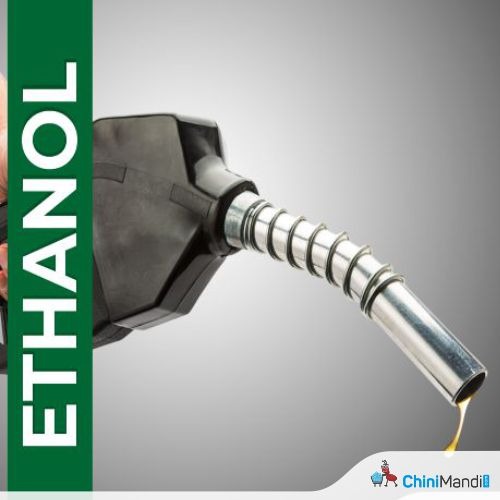


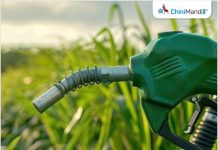
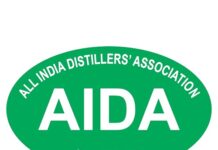
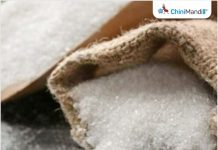
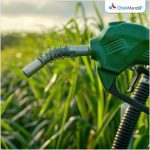
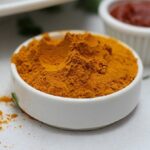










[…] Source : Chinimandi […]